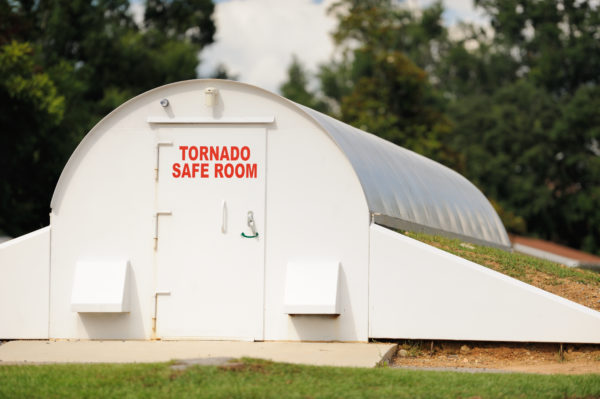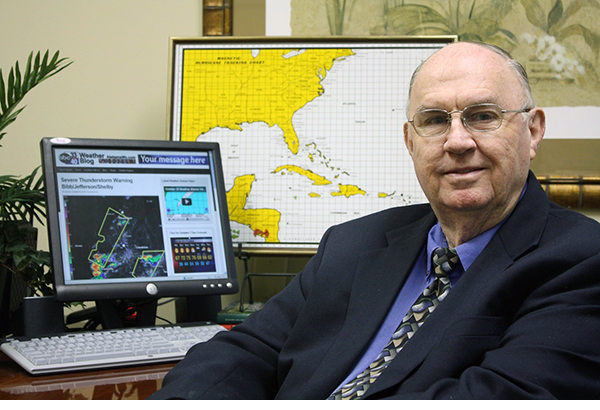Surviving Severe Weather: Your Ultimate Safety Guide
Severe weather can strike unexpectedly, leaving little time to react. Whether it’s a thunderstorm, tornado, or flash flood, being prepared can make all the difference. Alabama, known for its diverse climate, is no stranger to severe weather events. Therefore, having a solid safety plan in place is crucial for every individual and family. In this comprehensive guide, we’ll cover everything you need to know about staying safe during severe weather in Alabama.
1. Have a Plan and Safe Shelter
The first step in surviving severe weather is to have a plan. Identify safe places where you can seek shelter at a moment’s notice. These locations could include basements, bathrooms, interior hallways, or closets on the lowest floor of your home, school, workplace, or church. Ensure that everyone in your family knows these locations and what to do when severe weather strikes.
2. Stay Informed
Stay updated with weather information during times of risk. Understand the difference between a weather watch and a warning. A watch means conditions are favorable for severe weather, while a warning means that severe weather is imminent or already occurring. Have multiple reliable sources for weather warnings, including a NOAA WeatherRadio and weather alert apps on your phone.
3. Create an Emergency Kit
Every family should have an emergency supply kit containing essential items such as:
• Flashlight and batteries
• Battery-powered radio or NOAA WeatherRadio
• First aid kit
• Bottled water and non-perishable food
• Energy bars and snacks
• Helmets for protection
• Baby supplies (if needed)
• Air horn or whistle
• Important documents in a waterproof container
• Pet supplies for your furry friends (if needed)
4. Know Your Safe Actions During Different Alerts
During a Tornado or Severe Thunderstorm Watch:
• Review your safety plan.
• Identify safe locations in all places you may be.
• Stay updated with weather information.
• Be ready to seek shelter if conditions worsen.
• Notify others who may not be aware.
During a Flash Flood Watch:
• Identify higher ground for safety.
• Stay informed and alert to heavy rain.
• Have redundant sources of weather warnings.
• Notify others about the risk.
During a Tornado or Severe Thunderstorm Warning:
• Take immediate action to seek shelter.
• Avoid vehicles and mobile homes.
• Protect yourself with sturdy objects and helmets.
• Stay away from windows and seek interior rooms or basements.
5. Additional Safety Tips for Specific Locations
• Homes: Basements are safest; interior rooms on the lowest floor if no basement.
• Schools: Basement or designated shelter areas.
• Churches: Interior rooms away from windows.
• Large Buildings: Basement or lowest floor away from windows.
• Vehicles: Avoid driving during severe weather; seek sturdy shelter.
6. Debunking Dangerous Myths
• Opening windows during a tornado does not help; it can actually make things worse.
• The southwest corner of a building is not necessarily safer during a tornado.
• Highway overpasses do not provide adequate protection during severe weather.
7. Flash Flood Warning Precautions
• Turn around, don’t drown.
• Seek higher ground immediately.
• Avoid walking or driving through floodwaters.
• Abandon vehicles if caught in water.
8. Stay Weather Aware
Always have redundant sources of weather information. Pay attention to official alerts and warnings. Act quickly and decisively to protect yourself and your loved ones during severe weather events.
Remember, preparation is key to surviving severe weather. By following these guidelines and having a solid safety plan in place, you can minimize the risks and stay safe during challenging weather conditions in Alabama. Stay informed, stay prepared, and stay safe!
















